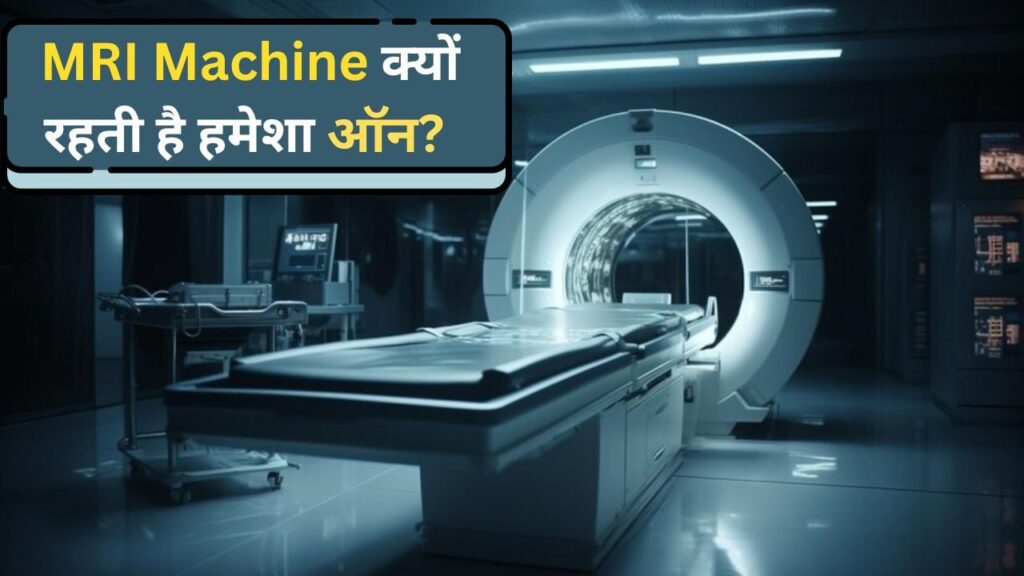Have you ever wondered why MRI machines are kept running continuously in hospitals and diagnostic centers? When a patient’s condition deteriorates, doctors often recommend an MRI scan, but the constant operation of these machines raises interesting questions. In this article, we will delve into the reasons behind the continuous operation of MRI machines and why they are only turned off during maintenance or emergency situations.
Understanding MRI Machines
MRI (Magnetic Resonance Imaging) machines play a crucial role in modern medical diagnostics. They utilize powerful superconducting magnets to create detailed images of the body’s organs and tissues. However, these magnets must be kept at extremely low temperatures to function properly.
How MRI Machines Stay Cool
To maintain the necessary low temperatures, manufacturers use liquid helium. This supercooled gas ensures that the superconducting magnets remain operational. If the MRI machine is turned off unexpectedly, the superconducting magnets can start to heat up. As the temperature rises, the liquid helium can evaporate rapidly, leading to a condition known as quenching.
The Risks of Quenching
Quenching can cause significant damage to the MRI machine, which is an expensive piece of medical equipment, often costing millions of dollars. Repairing an MRI machine after it has overheated can lead to expenses in the hundreds of thousands, making it crucial for medical facilities to minimize downtime and maintain the integrity of the equipment.
Operational Protocols
Due to the complexities involved in maintaining low temperatures and the potential risks of overheating, MRI machines are only powered down for scheduled maintenance or in case of emergencies. In everyday operations, the focus remains on ensuring that the machines continue to function without interruption. This practice not only optimizes patient care but also prolongs the lifespan of the expensive equipment.
Conclusion
Understanding the operational protocols of MRI machines highlights the importance of continuous operation in medical facilities. By keeping these powerful machines running, hospitals can efficiently respond to patient needs while safeguarding the longevity and functionality of valuable diagnostic equipment.

